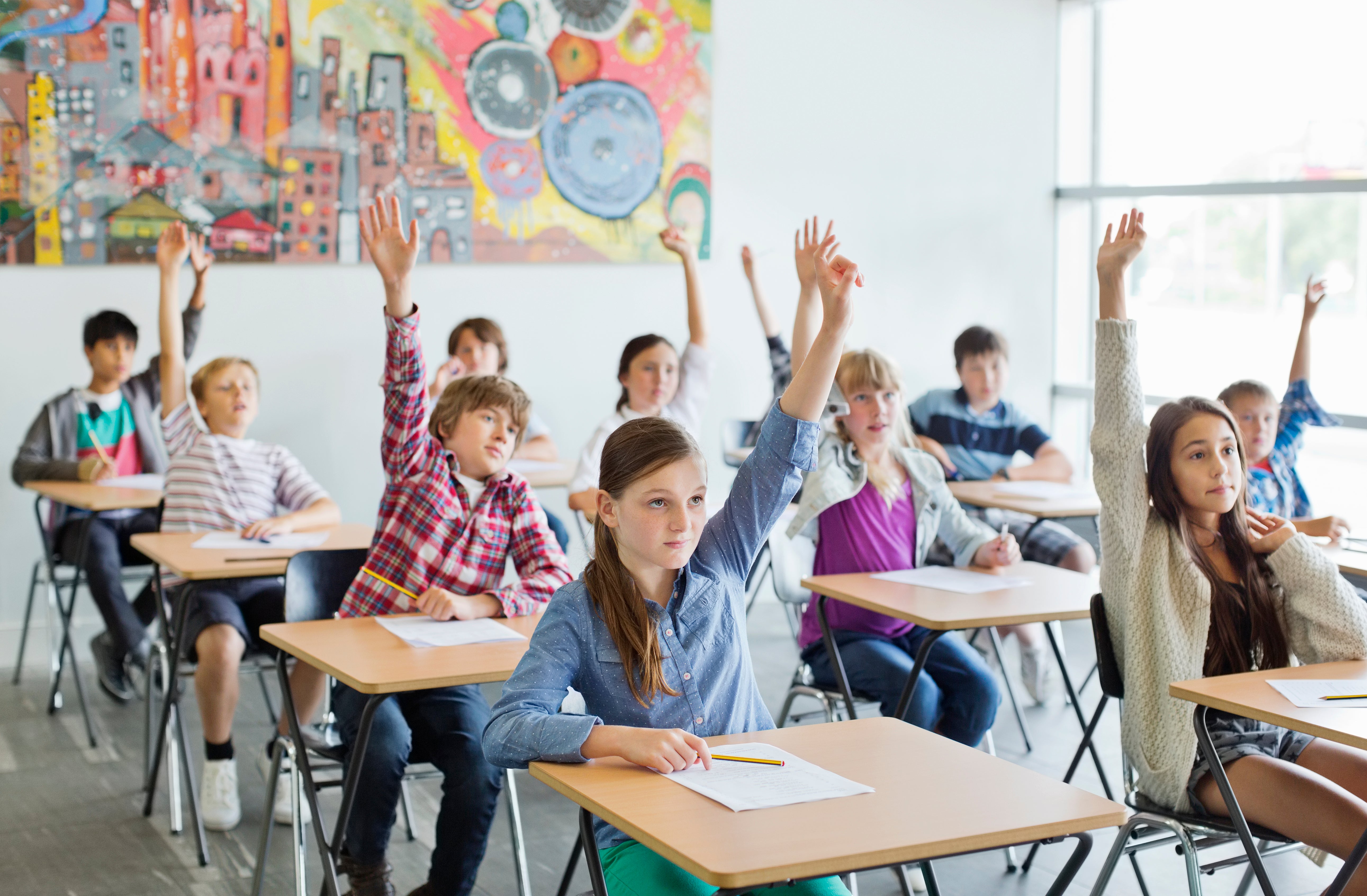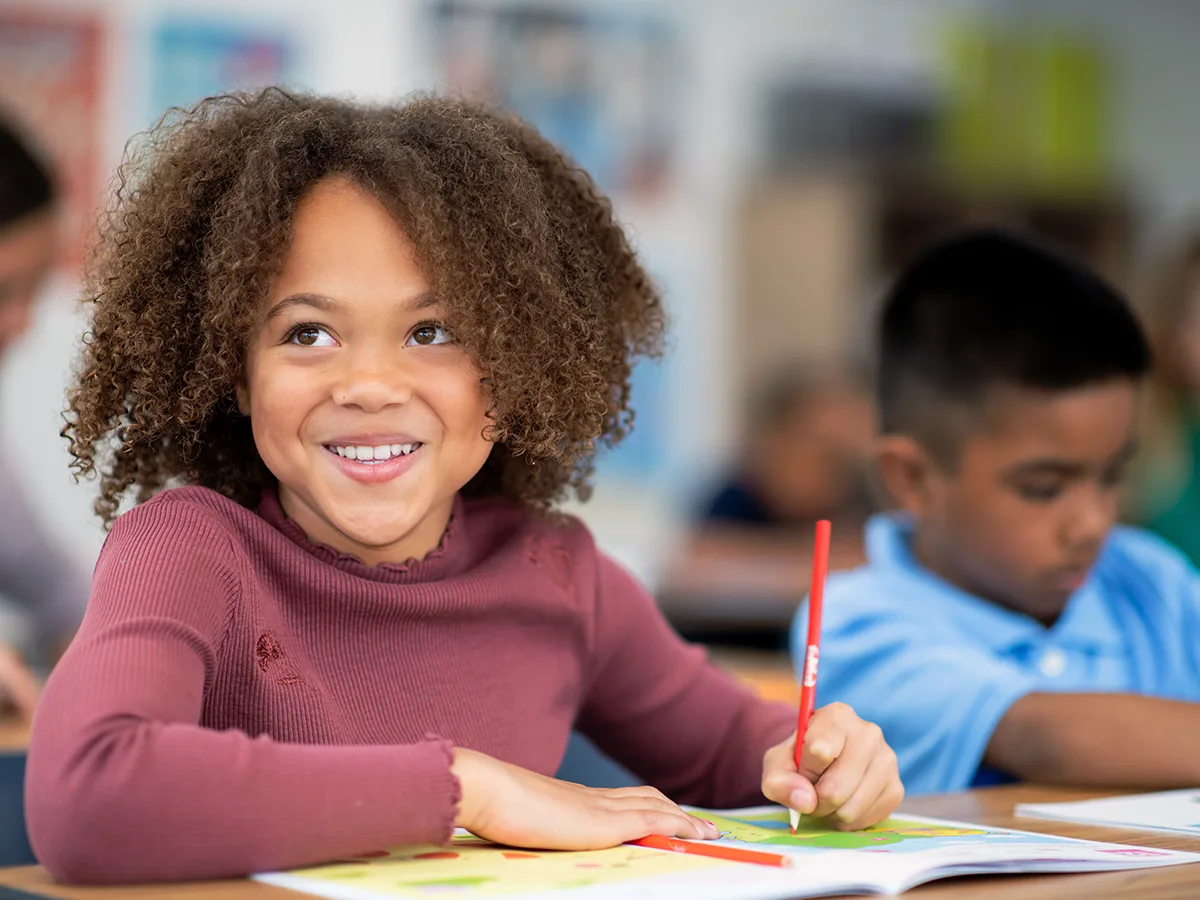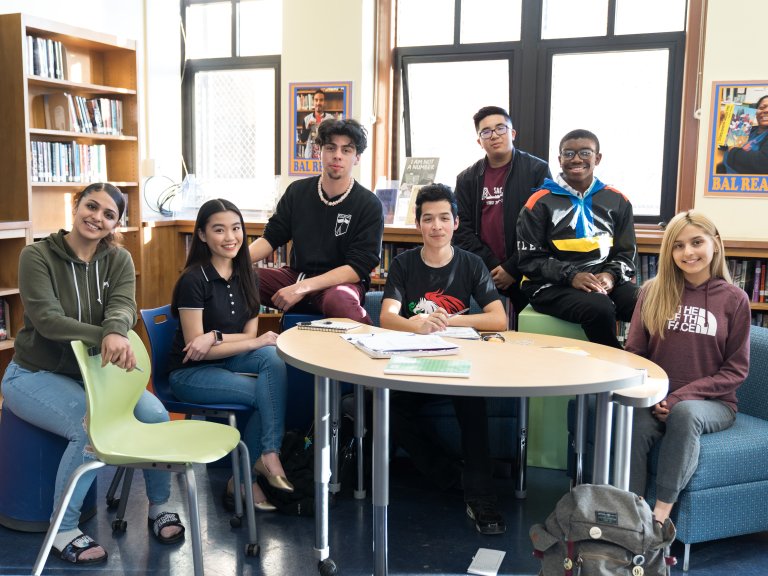The Effect of College Environments on Academic Success and Personal Well-Being
The layout of instructional areas, including all-natural lights and ergonomic furnishings, can enhance pupils' concentration and convenience. Just how can schools strategically improve these elements to much better sustain their students?
Physical Layout and Design
Just how does the physical design and design of a school effect academic success? The arrangement and visual of an institution atmosphere can substantially influence trainees' knowing end results.
Natural lighting and reliable ventilation systems are pivotal in enhancing cognitive feature and lowering absenteeism. Researches have revealed that classrooms with sufficient all-natural light boost trainee focus and decrease feelings of sleepiness. Ergonomic furnishings customized to trainees' requirements can prevent physical pain, permitting for prolonged focus and interaction in scholastic tasks.
Accessibility to outside rooms and cosmetically pleasing environments likewise play a vital role - Save Temecula Schools. Green spaces and well-kept school premises supply opportunities for exercise and psychological leisure, both of which are crucial for maintaining high levels of academic performance. Basically, an attentively designed physical environment can function as a stimulant for academic excellence, promoting an ambience that sustains both training and learning
Classroom Atmosphere
An atmosphere that fosters a feeling of security, inclusivity, and mutual respect encourages trainees to engage more proactively in their learning procedures. The setting of a class, consisting of aspects such as illumination, noise degrees, and seating arrangements, can significantly affect student concentration and motivation.
Moreover, the classroom ambience need to sustain a culture of cooperation and open interaction. They are a lot more likely to involve deeply with the material and develop critical believing skills when students feel comfortable expressing their concepts and asking questions. Peer communications and team activities can enhance discovering by offering varied point of views and promoting synergy
Furthermore, establishing consistent regimens and clear expectations can create an organized atmosphere that permits trainees to concentrate on their researches. By reducing uncertainty and supplying a foreseeable framework, pupils can better handle their time and obligations. Eventually, a favorable classroom environment not only improves academic performance however additionally adds to the general health of trainees, preparing them for future academic and individual ventures.
Teacher-Student Relationships
Structure on the relevance of a positive classroom ambience, the connections between teachers and students play an essential duty fit scholastic success. A healthy teacher-student relationship fosters a learning environment where pupils really feel valued, recognized, and sustained, which significantly enhances their motivation and interaction. When pupils regard their instructors as approachable and compassionate, they are most likely to participate proactively in course and seek assistance when needed, adding to a much deeper understanding of the subject.

Reliable communication is essential to nurturing these connections. Educators that employ open, respectful, and constant communication develop a foundation of trust. This trust fund allows pupils to reveal their issues and ideas freely, promoting a collective learning setting. In significance, solid teacher-student relationships are a foundation of academic success, playing a crucial function in both scholastic achievement and individual advancement.
Peer Communications
Peer communications substantially influence scholastic success by forming a student's cognitive and social advancement. Favorable peer communications can improve a trainee's inspiration and interaction in academic activities via collaborative discovering and shared assistance.

Reliable peer communications likewise add to the development of crucial life skills, such as communication, participation, and conflict resolution. These social competencies are crucial for both look at these guys academic success and individual health, emphasizing the importance of cultivating positive peer characteristics within the college atmosphere.
Extracurricular Tasks
Participating in extracurricular activities plays an essential role in a trainee's academic success and individual advancement. These tasks, check varying from sports groups to discuss clubs, use students chances to develop beneficial skills such as leadership, time management, and synergy. Research regularly indicates that pupils who take part in extracurricular tasks tend to attain greater scholastic efficiency. This correlation is typically associated to the structured atmosphere and the self-control required to balance both extracurricular and academic dedications.
Furthermore, extracurricular involvement cultivates a sense of belonging and neighborhood, which is crucial for personal well-being. Taking part in group activities allows students to build and reinforce social networks, improving their social and emotional intelligence. These interactions are important for establishing interpersonal skills that are valuable in both scholastic and future professional settings.
Additionally, extracurricular tasks offer a constructive outlet for pupils to discover their rate of interests and enthusiasms past the common curriculum. This exploration can lead to the discovery of brand-new skills and possible career courses, better encouraging trainees to engage more deeply in their academic job. Finally, the function of extracurricular tasks prolongs beyond simple leisure; they are indispensable to promoting an all natural academic experience that advertises both academic success and individual development.
Conclusion
Altogether, the impact of school settings on both scholastic success and individual wellness is extensive. Attentively made physical layouts and class, together with favorable teacher-student connections and positive peer communications, significantly improve pupil inspiration and interaction. The presence of supportive instructors can alleviate anxiety, promoting a supporting atmosphere helpful to holistic development. These elements collectively underscore the value of creating and preserving optimal institution atmospheres for the benefit of trainees' personal and academic development.
Ultimately, a favorable classroom ambience not only boosts scholastic efficiency but also adds to the overall well-being of pupils, preparing them for her explanation future instructional and individual endeavors.
